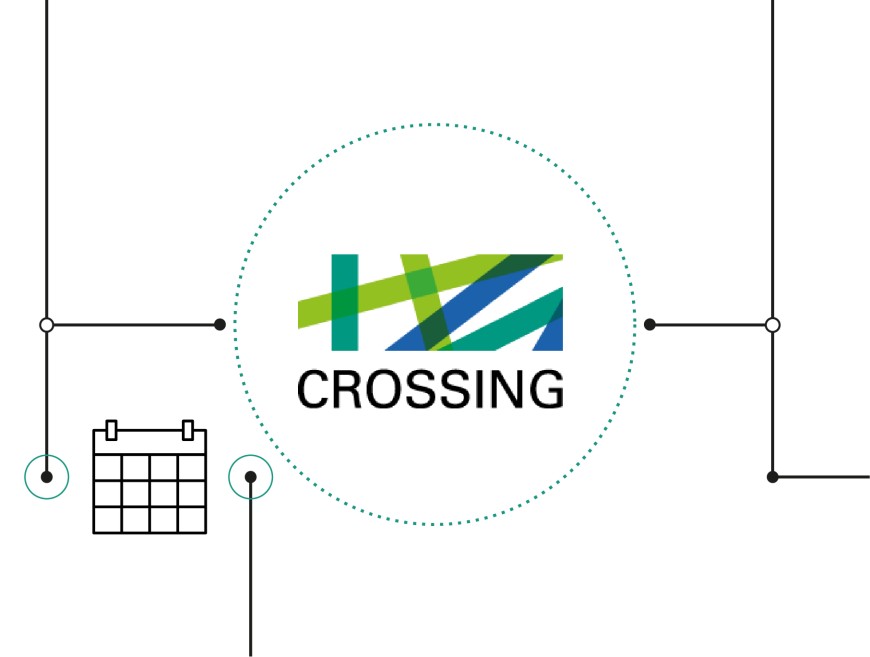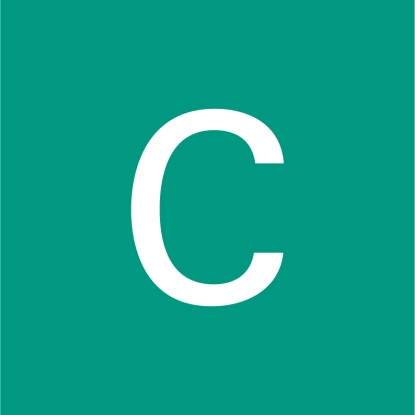CROSSING Research Seminar
Dicke-state engineering through global transverse control of Ising-coupled qubits
2025/06/12 13:00-14:00
Speaker: Dr. Vladimir M. Stojanovic (P4), TU Darmstadt | Location: S2|20, 121 (Lab) and online

Organizer: Stefanie Kettler, TU Darmstadt
Abstract
Dicke states, originally introduced in connection with the phenomenon of superradiance, hold promise for quantum-technology applications in areas as diverse as quantum networking, metrology, game theory, and combinatorial optimization. In this talk, it will be discussed how the two-excitation Dicke state can be engineered in a three-qubit system with all-to-all Ising-type coupling and global transverse control. The underpinning for the envisioned state-preparation scheme, in which |000> is adopted as the initial state of the system, is provided by a Lie-algebraic result that guarantees state-to-state controllability of this system for an arbitrary choice of initial and final states that are invariant with respect to permutations of qubits.
This scheme is envisaged in the form of a pulse sequence that involves three instantaneous control pulses – equivalent to global qubit rotations – and two Ising-interaction pulses of finite duration between consecutive control pulses. The design of this pulse sequence leans heavily on the concept of the symmetric sector, a four-dimensional, permutationally-invariant subspace of the three-qubit Hilbert space. The feasibility of the proposed scheme is demonstrated through a numerical analysis of its robustness to deviations from the optimal values of the parameters characterizing the underlying pulse sequence. Finally, it will be discussed how this scheme can be generalized for engineering Dicke states in systems with more than three qubits.
Speaker Bio
Vladimir M. Stojanovic earned his PhD in theoretical physics from Carnegie Mellon University in Pittsburgh, USA. After a short stint as a research associate in the ECE department of the same university, he was a postdoc and lecturer at the University of Basel in Switzerland (2009 – 2013), a research associate and fellow of the Swiss NSF at Harvard University, USA (2013 – 2017) . After a stint in consulting, mostly for various agencies of the European Commission, he has been a senior research scientist and ‘Vertretung Professor’ in the Institute of Applied Physics at TU Darmstadt (2020-2025). He is currently a visiting scientist in the European Institute for Quantum Sciences ( CESQ ) in Strasbourg, France. His research interests include both theoretical and applied quantum computing, quantum metrology, analog and digital quantum simulation.


